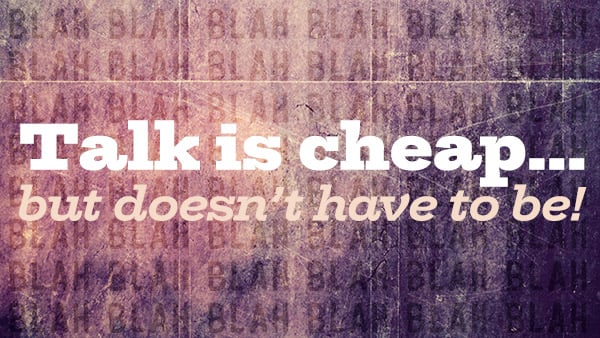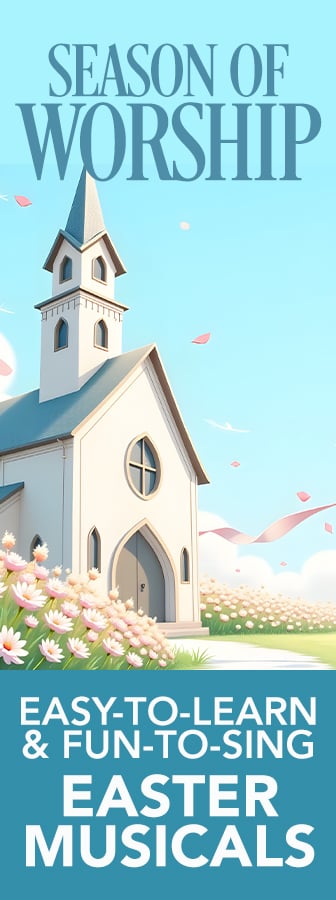
Worship leaders often ask me how much talking should be included during a worship set. Like you, I’ve been in worship services where there was a mini-sermon between each song. Other times, the music felt more like a concert where nothing much was communicated except the songs. So here are three simple thoughts about talking through transitions to help you with worship service planning:
1. Only say something if you have something to say. Let that sink in: only say something if you have something to say. Our role as worship leaders requires discernment. We're not cheerleaders with megaphones. We're not party-hosts at a casual 4th of July barbecue. Rather, our collective worship is to be a profound experience where we are connected to God and to one another through song, prayer, Scripture and spoken word. What we say matters.
2. God's Word can be the perfect word. And if we're going to speak, remember that there's often nothing more powerful than a short passage of scripture, especially when we invite the congregation to read it aloud with us. It can do more than just connect the songs together with the sermon, God's Word actually transforms us as we focus on worshiping Him.
3. Even though we're onstage, it's not about us. Recently Vince Wilcox blogged about the importance of not being glib as we engage the congregation [Read "How Y'all Doing!" article here]. His point wasn't that we shouldn't greet folks with joy and enthusiasm--because we obviously can and should. Rather, his point was--as worship leaders--we should care more about loving our people and praising God than falling prey to the power of the microphone..
So let's use our words meaningfully and sparingly as we lead. To paraphrase John the Baptist in John 3:30: "As we decrease, we can allow Christ to increase."
I’d love to hear from you; specifically your thoughts on verbal transitions or introductions.
Click here for more practical blogs from Discover Worship about Worship Service Planning.











